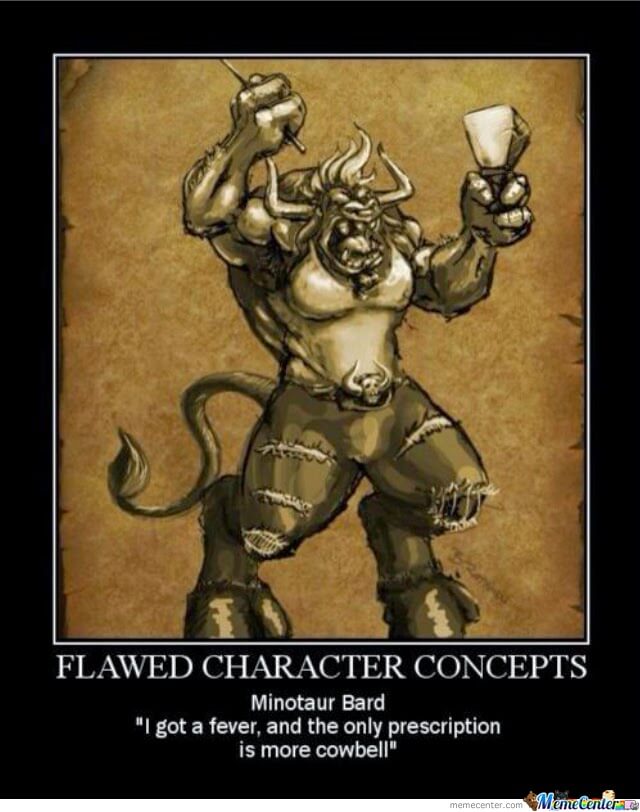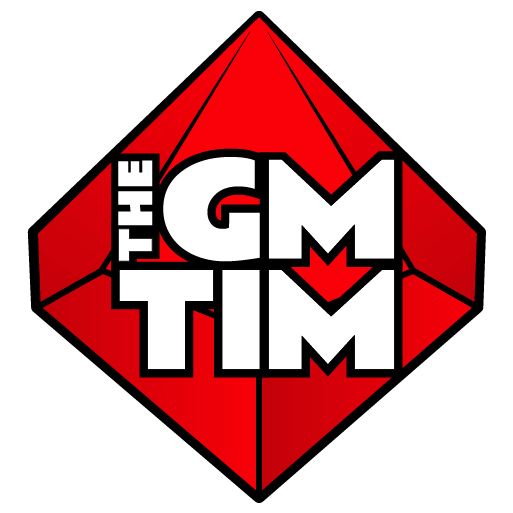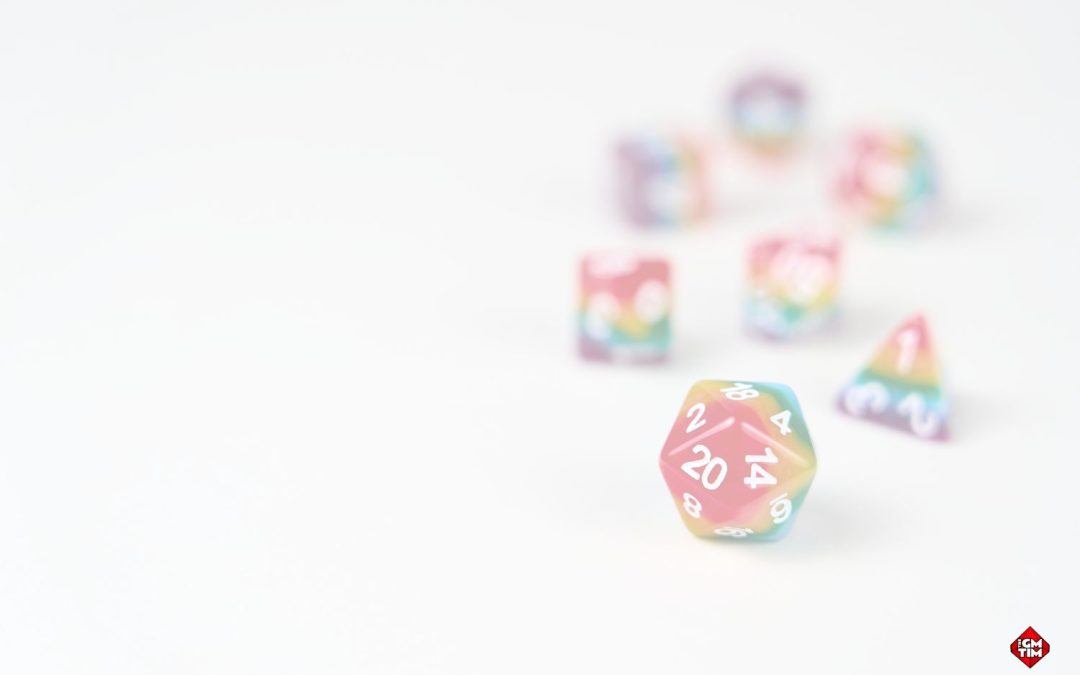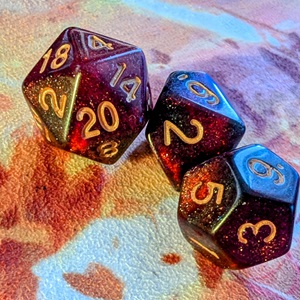There are few things more satisfying to me as a GM than having a group that meshes well, providing you and the other players with content and fun. These are small things that bind the group together: shared histories, in-character comments said in jest, in-character running gags, or little tidbits of information that reveal more about the character than species and class.
Why I Created The Tim Game for RPG Character Building
In my early games, it often took months of regular play before characters reached this level of connection. One group took nearly six months of weekly sessions, while others never quite got there during the campaign. I thought there had to be a way to include this connection-building in the character creation process. So, I built a way to encourage that style of play and foster team building. The first group to use it called it “The Tim Game,” and the name stuck.
How to Play The Tim Game in Session Zero

I play The Tim Game in all my session zeros now after the usual introductions—character name, species, class, and any relevant major points. I have the players go around the table a second time. This time, however, they are not talking about their character; they are creating a connection between their character and the one next to them. Players create these connections while respecting each other’s character backstories.
I ask each character a question about one of the other characters. While I make it clear the answer cannot remove either player’s agency, both players integrate this question and answer into the bond between their characters.
The Tim Game’s d12 Questions
To keep things fun and random, use a d12 as you go around the table. If you roll the same number twice, feel free to roll again or use one of the extra questions I’ve added.
Questions:
- Tell us about the first time you met x and what they were doing.
- What was that thing x did that made you laugh so hard milk came out of your nose?
- Where was that place x took you to that you were nervous about, but had a really good time?
- Can you keep that secret x told you, and do they remember telling you?
- When did you realize this wasn’t the first time you met x, and when was that first time?
- What’s that one thing x did that makes you trust them with your life?
- What’s a time when x saved you from making a terrible decision, and how did they do it?
- What’s one skill or trait you admire about x, and how did you first notice it?
- What’s something embarrassing you witnessed x do, and how did you help them recover from it?
- What was a moment when you and x stood together against a common enemy, and how did it change your perception of them?
- What’s the most reckless thing you’ve seen x do, and how did you react to it?
- What’s a piece of advice x gave you that you still think about today, and how did it change you?
Extras:
- What’s a tradition or habit that x introduced you to, and how has it affected your relationship?
- When did you and x share a meal or drink that became a moment you still talk about today?
- When was a time x surprised you with their kindness, and what did they do that left a lasting impression?
- What’s a shared hobby or interest that you and x discovered together, and how has it strengthened your connection?
Why The Tim Game Works for Any RPG
Unlikely as it sounds, in a world of make-believe we can often get lost in the system: I’m a fighter – I bash things, I am a smuggler – I sneak things around, I am a parent – yet, I never worry about my kids, too often we forget that these characters, like ourselves, likely have different masks or presented selves. We present these different masks or aspects of ourselves to different people at different times, be it online or in person, depending on where we are, who we are with, and what we are doing. Everything from our language, to behaviour, to outward personality it all changes.
By creating these shared connections, we build deeper character bonds and foster a strong sense of camaraderie at the table. After all, role-playing games are about more than just mechanics—they’re about shared fun experiences. With The Tim Game, you ensure that bond forms from the very first session.





0 Comments